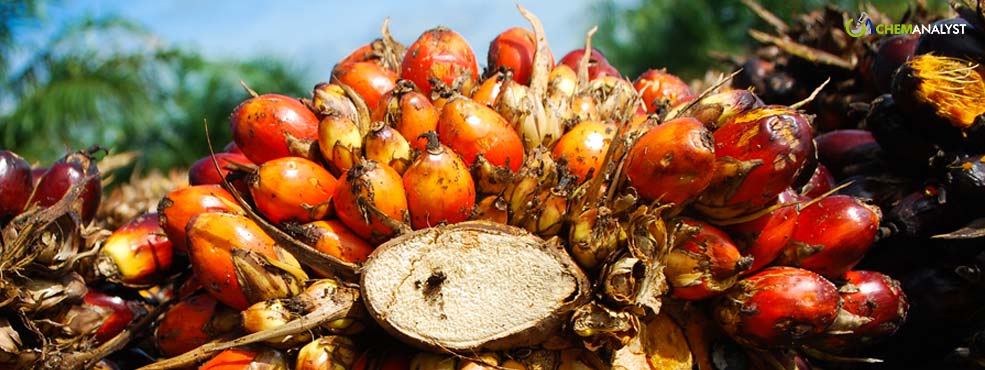Welcome To ChemAnalyst

Indonesian palm oil producers are sounding the alarm as the escalating demand for biofuels domestically raises concerns about potential threats to the country's food security and the impact on exports, all amid a plateau in palm oil production.
The Indonesian Palm Oil Association, known as GAPKI, revealed that the consumption of palm oil for biodiesel surpassed that for food last year, marking a pivotal shift. Of the total 23.2 million metric tonnes consumed, 46% went into biodiesel, 44% into food, and 10% into oleochemicals used in items such as hand sanitizers and soaps.
Expressing worry over the stagnant production, GAPKI Chairman Eddy Martono cautioned that the persistent increase in domestic consumption could lead to a competition between food and energy, ultimately sacrificing exports. Palm oil, a major Indonesian export alongside coal and nickel products, has seen over 40 consecutive months of trade surpluses, buoyed by record prices of commodities during the global recovery from the COVID-19 pandemic and the conflict in Ukraine.
Despite Indonesia being the world's largest producer of palm oil, with nearly 58% of its production exported last year, the domestic demand surge, particularly driven by the government's biodiesel initiatives, has impacted export figures. The mandatory B35 biodiesel program launched last year requires a 35% blend of palm oil, and there's consideration for a B40 program in the near future.
In response, Indonesia is contemplating doubling subsidies for replanting aging plantations, according to Chief Economic Minister Airlangga Hartarto. The suggested increase to 60 million rupiah ($3,800) per hectare aligns with GAPKI's proposal, targeting up to 180,000 hectares in the program.
Martono highlighted concerns raised by importers like Pakistan, expressing worries about a potential repeat of the palm oil export ban imposed by Indonesia in 2022 due to a domestic cooking oil shortage following Russia's invasion of Ukraine. Palm oil prices, which saw a 29% decline in 2023, are projected by GAPKI to remain around $950 to $1,000 per tonne in the first half of 2024.
In line with Indonesian government officials, GAPKI is urging the European Union to postpone the implementation of the EU Deforestation Regulation scheduled for January 2025. Martono emphasized the efforts to position Indonesia as a "low-risk" rather than a "high-risk" country, hoping for a one-year delay in the new restrictions associated with deforestation concerns.
GAPKI members expressed unease over a growing "negative campaign" against palm oil extending beyond the EU to countries like China and India, major importers of Indonesian palm oil. The industry is actively working to counter these concerns and safeguard the reputation of Indonesian palm oil in the global market.
We use cookies to deliver the best possible experience on our website. To learn more, visit our Privacy Policy. By continuing to use this site or by closing this box, you consent to our use of cookies. More info.
